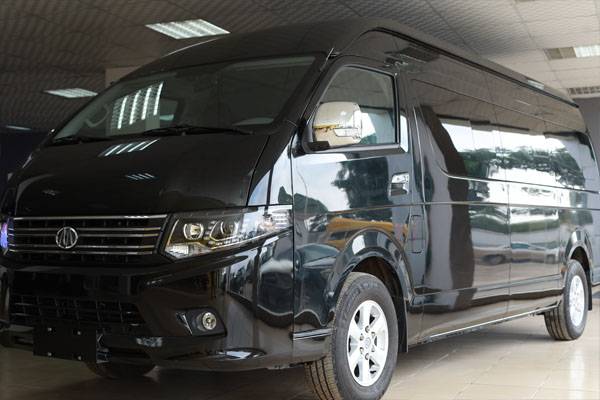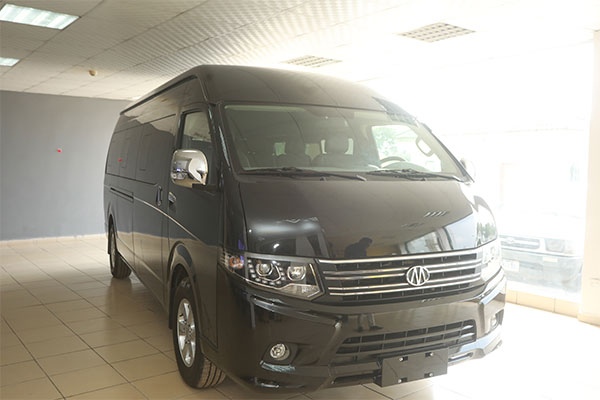
Public attention within the Nigeria’s automotive sector will be shifting to the 15th Lagos Motor Fair inside the Indoor Hall of the Federal Palace Hotel, Victoria Island, Lagos as some visitors will for the first time catch a glimpse of the OMAA range of medium and high roof passenger buses that is powered by gas.
Expected as a special guest during the 15th Edition of the Lagos Motorfair is Jelani Aliyu, director-general of the National Automotive Design & Development Council (NADDC) who is also championing the narrative of Nigeria’s gradual migration from petrol to gas-powered and electric vehicles as an alternative source of energy to move vehicles.
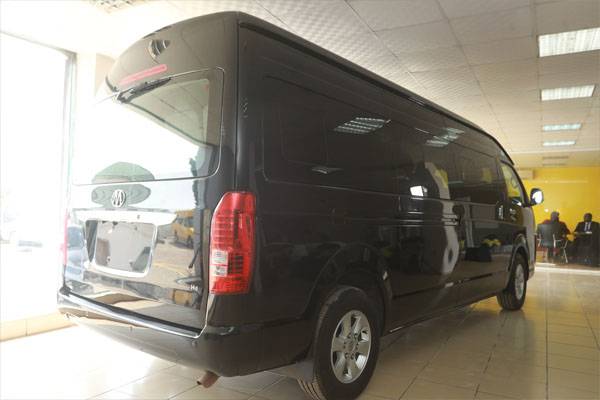
The display of OMAA range of gas-powered passenger buses that can also be adapted to other uses according the owners of the brand is part of conscious effort by the local assemblers to ensure that prospective buyers of the vehicles are guaranteed good returns of their investment as OMAA is cheap to run and less expensive to maintained when compared to other buses on the road.
Earlier this month, OMAA vehicles were showcased at the just concluded Nigeria International Petroleum Summit NIPS 2021 at the International Conference Centre, Abuja, where the minister of state of petroleum resources, Timipre Sylva and the executive secretary Nigeria Content Development and Monitoring Board NCDMB Simbi Wabote inspected the vehicles. The OMAA team were also at the at Eagle Square where the VP and several ministers including that of trade and his information counterpart inspected the vehicles.
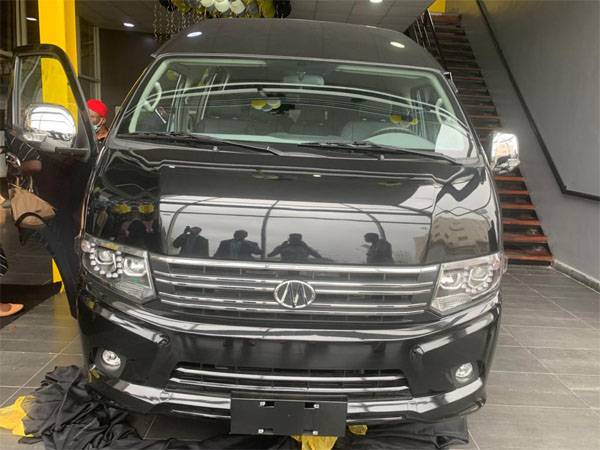
It would be recalled that in April this year, OMAA, right inside the local assembly plant located at Igbo-Ukwu, Anambra state, OMAA launched the first batch of the dual-fuel natural gas-powered buses into the Nigerian market, which are 30-40 per cent cheaper to run and can be used for various purposes.
Present at the event were M. M. Ibrahim, chairman of the National Gas Expansion Programme, NGEP; Ishaku Abner, technical sdviser to the minister of state for petroleum and Pat Igwebuike, Special adviser on legal matters to the governor Willie Obiano of Anambra State, among others.
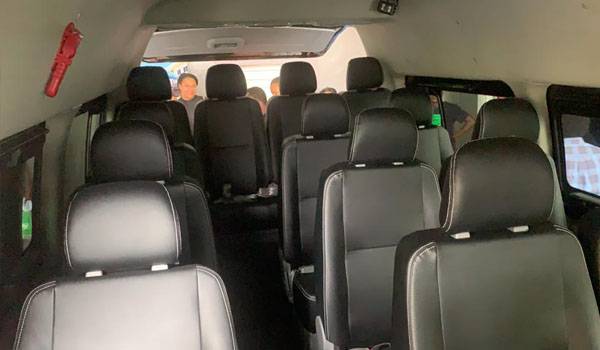
Chinedu Oguegbu, founder and chief executive of OMAA had at different for a where the OMAA buses are presented or are on exhibition or display reiterated that, the locally assembled buses can be used as passenger bus for school shuttle, commercial transportation, cargo vans for moving farm produce, ambulances for critical life care, logistics van for the burgeoning e-commerce, utility vehicles, and for various other needs of SMEs, large or multinationals, corporate and government agencies.
Oguegbu expressed delight that the commencement of OMAA roll out is the beginning of a trend that will revolutionise not just the transportation industry, but also the energy industry in Africa, by transforming the way we utilise the abundant natural gas energy resources available.
He explained that OMAA is opening not only the technology space as a novel automotive company, hundreds of technical partners to ensure they introduce world-class products, but also launching the gas-powered buses using and executed by 100 per cent local home-grown Nigerian talent.
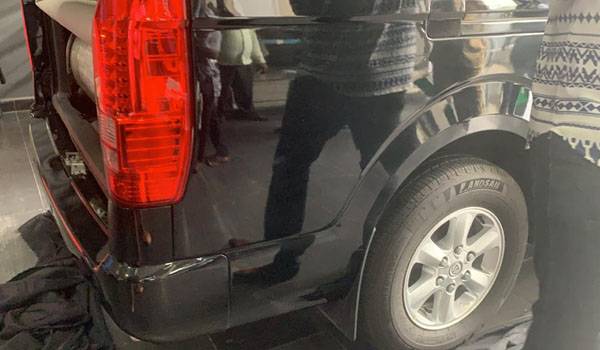
According to him, OMAA is an energy start-up with a mission to energise your life; be it work or play, residential or commercial; SME or global corporates or multinational. What do we stand for? We want to empower Africa, care for the environment and develop people.
OMAA vehicles are adapted to Nigerian roads, rugged and can withstand any rough terrain. And most importantly, it runs on compressed natural gas, CNG, which is also available in Nigeria and several times better when compared with others.
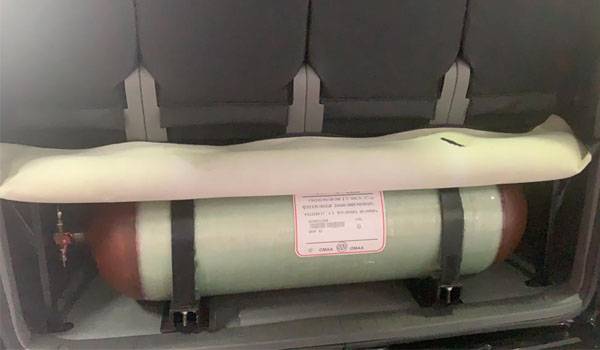
According to Oguegbu, “For many years, Nigeria has been flaring this valuable source of energy while importing refined petroleum products that’s heavily subsidised at the expense of government investing in education, health care and infrastructure. Our efforts today and the sustained drive in accelerating gas utilisation will change this narrative. More investments in the gas value chain would drive the fuel cost down, thereby leading to increased consumption. This means that electricity, transportation and even food prices will go down”.
The OMAA helmsman said from his findings as corroborated by available research, gas is also cleaner, with over 90 per cent reduction in knocks, CO2, particulate matter.

 News1 week ago
News1 week ago
 News1 week ago
News1 week ago
 News5 days ago
News5 days ago
 Celebrities Auto1 week ago
Celebrities Auto1 week ago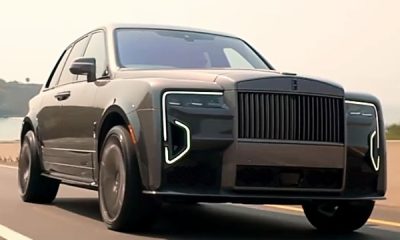
 News1 week ago
News1 week ago
 News6 days ago
News6 days ago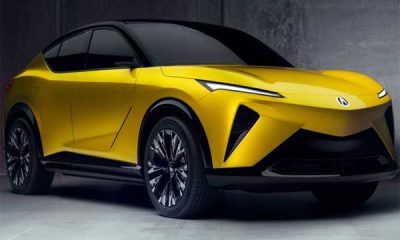
 Concept Cars1 week ago
Concept Cars1 week ago
 Celebrities Auto6 days ago
Celebrities Auto6 days ago
